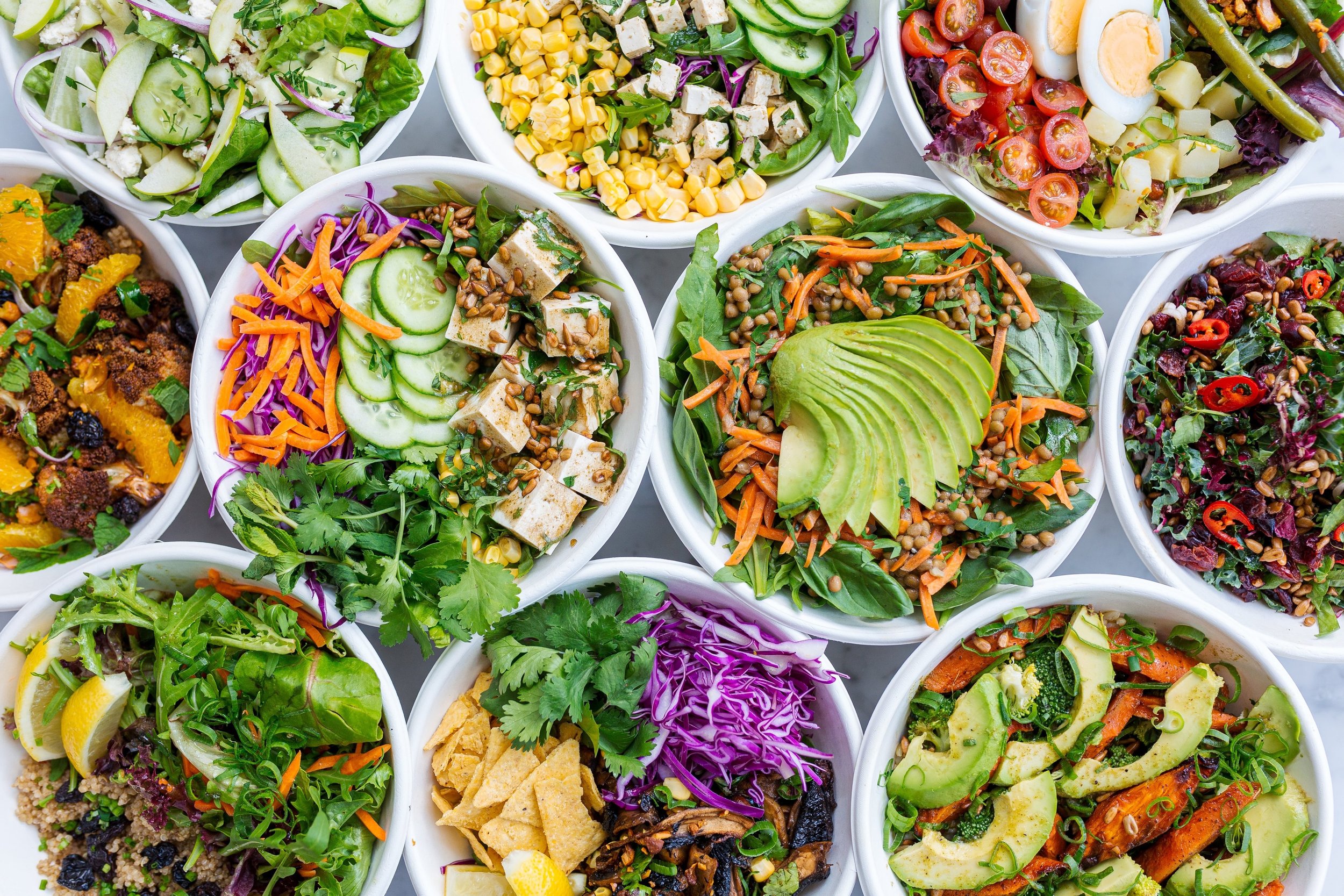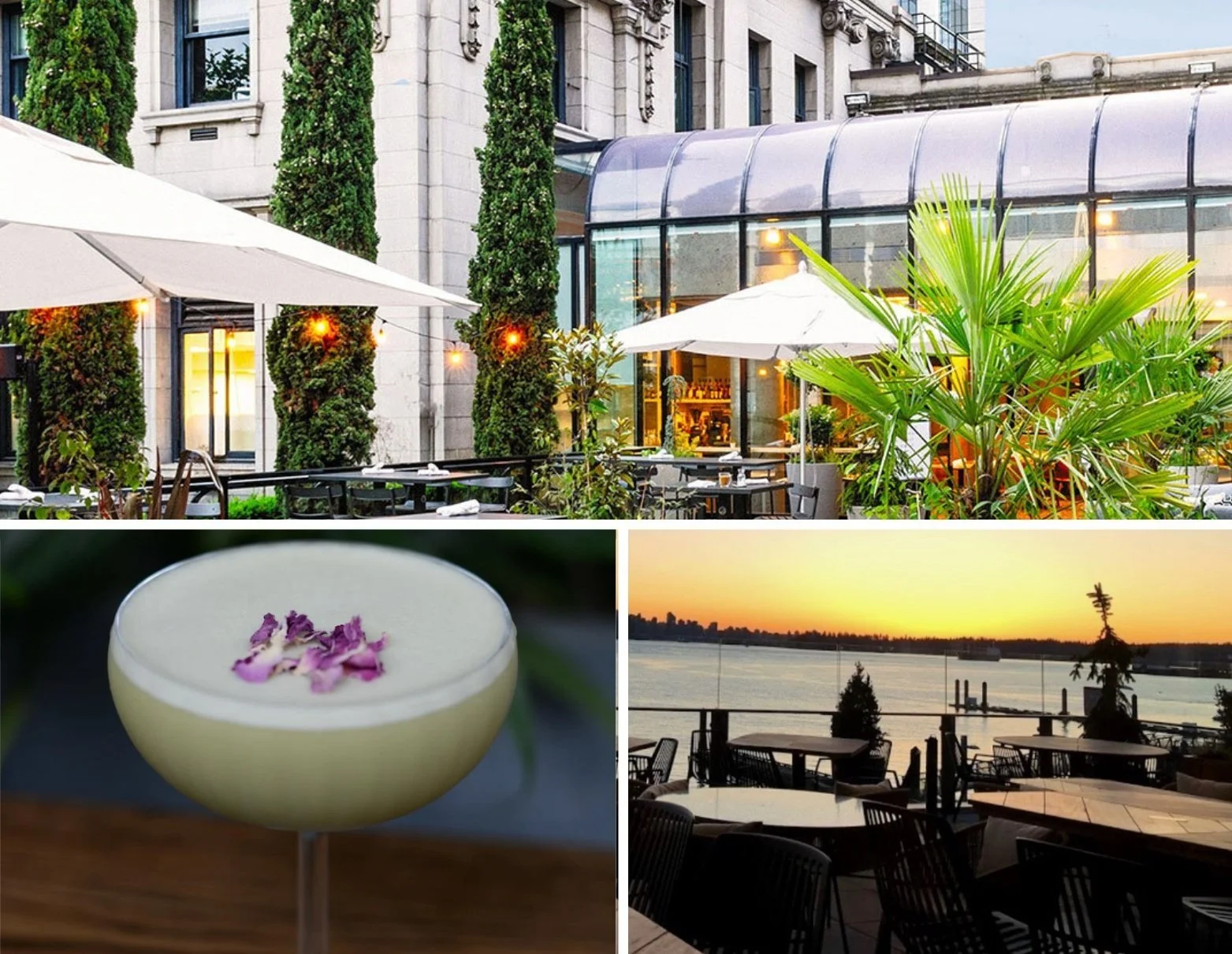Vancouver civic election 2022: Does food come into play?
From food security to school meal programs, some local political parties are serving up related campaign promises
Photo by Luisa Brimble/Unsplash
FOOD HAS BEEN one of the biggest topics of conversation over the last while, from rising prices at grocery stores and the impact of those hikes on the restaurant industry to food security, Indigenous food sovereignty, the way food reflects and bridges cultures, and the role food plays in climate change. Plus, the pandemic gave even more fuel to the accelerating “eat local” movement.
Here’s a glance at what food-related promises local political parties (listed in alphabetical order) are serving up for the 2022 Vancouver civic election.
Coalition of Progressive Electors
COPE Vancouver School Board candidates Suzie Mah and Rocco Trigueros announced earlier this year that, if elected, they will fast-track a free universal meal program for Vancouver elementary schools and high schools.
Policies at schools to provide breakfasts and lunches to families who have come forward or have been identified as needing food support vary from one to the next, with some schools raising funds to cover costs and others offering a “pay what you can” model.
Earlier this year, VSB Trustees and an ad hoc committee composed of “stakeholders” as well as food, nutrition, and poverty food experts from outside the organization collaborated to create the first-ever VSB Food Framework. Among its key points is the need for a Universal School Food Program.
The purpose of the framework is to provide “an aspirational but practical 10-year vision” for how the VSB can integrate guiding principles in three core areas: feeding students, school food-growing spaces; and food literacy and culinary education.
COPE, however, says 10 years is too long. “Both Mah and Trigueros want to see quicker action on this issue and more pressure applied at both the provincial and federal levels to address food insecurity so that Vancouver students can have access to healthy and nutritious food which is critical to physical and emotional health,” the party states.
Green Party of Vancouver
Food shows up a few times in the party’s platform. It’s addressed under “Complete Connected Communities”, with an eye to increasing food production. The party says it would “improve food security by creating locations for community food gardens and food production in every neighbourhood. Local food assets can protect our communities from inflation, climate shocks and global supply chain issues.”
Among the party’s top priorities related to schools is continuing the work established in the Food Framework and “exploring creative ways to maximize gardening/food cultivation for students on school grounds”.
Under food security and education, the Green Party says it will:
Support the continued access to food programs for vulnerable students and work to reduce barriers to access, or any stigma associated with school food programs. The ultimate goal is to have universal food programs for all students.
Explore ways to strengthen the connection students have with growing, preparing, and eating food, for example by supporting school cafeterias, food programs, gardens and food-related community partnerships such as the pioneering Think & Eat Green. Most schools already have space set aside for garden plots; Green Trustees will support the ongoing efforts of planting and maintaining these spaces.
Explore creative ways to maximize gardening/food cultivation for students on school grounds with Indigenous food gardens. Consider Traditional forms of gardening, as well as exploring new technologies such as agricultural hydroponics farming.
Ensure the smooth roll out of the Student and Family Affordability Fund with its focus on expanding school meal programs. Engage with PACs and school communities, local First Nations and other Indigenous organizations on how to best meet students’ needs.
Increase biodiversity on VSB lands by supporting schools to explore new and creative ways to use school lands such as the Miyawaki Method and other evidence based approaches. Explore opportunities to create Indigenous food production spaces, including food forests.
OneCity Vancouver
Under the Schools section of its platform, OneCity says it will reopen all school kitchens “to build a universal, nutritious lunch program”.
Under Climate, the party outlines how it will promote food security, reminding that “climate disasters mean we cannot always count on the complex supply chains that fill grocery store shelves. From fertilizers to farming to shipping and spoilage, our industrial food system also produces about a third of global climate pollution. And too many Vancouverites already struggle to find healthy, affordable groceries.”
OneCity claims it will “encourage local food production and curb waste in ways that eliminate pollution and make it easier for everyone to put dinner on the table” via these steps:
Strengthen Indigenous food sovereignty including through demonstration Indigenous food forests promoting local foods and medicines through signage, tours, workshops, harvesting, and processing.
Provide space for year-round farmers markets.
Work alongside Neighbourhood Houses, the Vancouver Neighbourhood Food Networks, and other community food organizations to strengthen equity and sustainability in our local food security systems, with a priority to ensure seniors and low-income households have local access to healthy foods.
Include vegetarian and vegan options for all city-owned food and beverage vendors.
Offer cooking and preserving classes at community kitchens.
Restore compost collection in parks with updated health and safety protocols.
Progress Vancouver
As part of its plan to make Vancouver “A Fun and Thriving City for All” with a strong economy, the party plans to double the number of food truck licences; increase the number of locations where food trucks can be located; and remove the requirement that the City of Vancouver engineering department approve food truck menus and any changes to menus.
Vision Vancouver
Vision addresses food-related concerns in its platform under “Supporting Diverse, Engaging and Innovative Schools”. The party says it will advocate for “long-term sustainable funding to address child hunger and ensure children get healthy lunches at school by implementing a universal meal program”.
Food also comes up under “Prioritizing Climate Action and Building a Sustainable Economy”. Vision would reinvigorate implementation of the Local Food Action Plan and pay particular attention to “opportunities to identify current and future needs and creating strategies for increasing food production which could include:”
Make undeveloped city lands available for food cultivation.
Work with local non-profit organizations to create more community gardens to address food security across the city.
Work with local businesses and developers to improve resident access to fresh food and groceries within 15 minutes of the homes.
Investigate incentives for residents to convert grass lawns to food production, recognizing the burden of water use and waste services lawns put on city resources.
Vision says it will also work with urban Indigenous communities to ensure food security in part by co-creating food forests.













